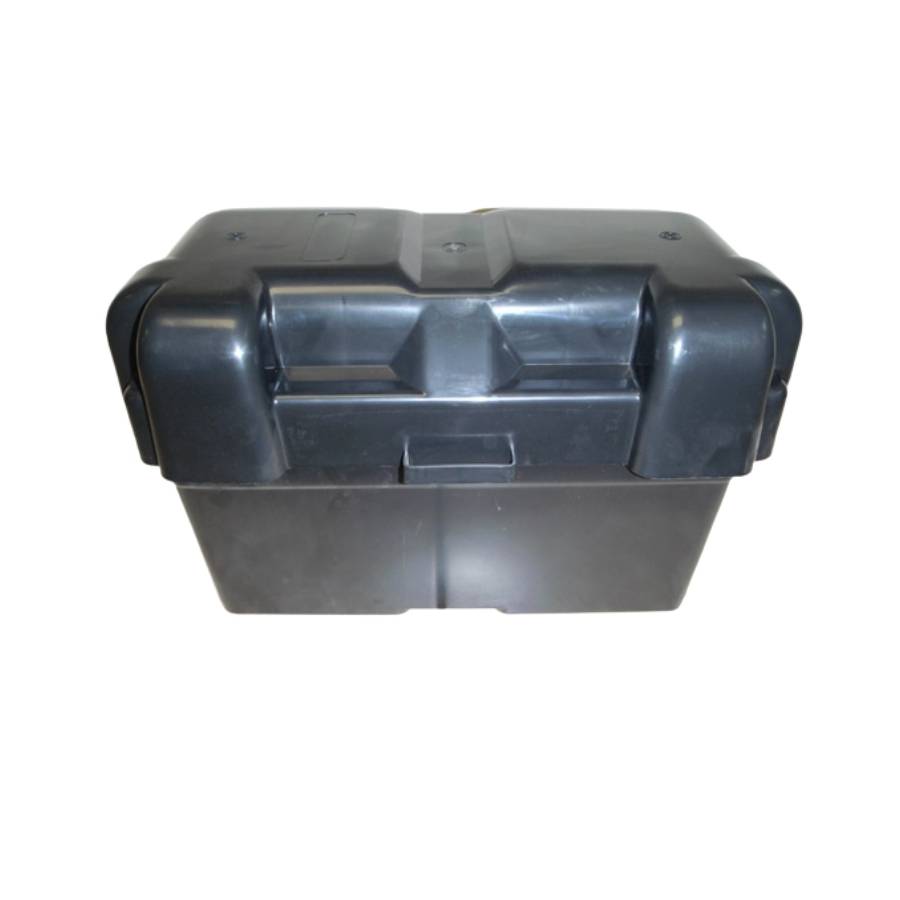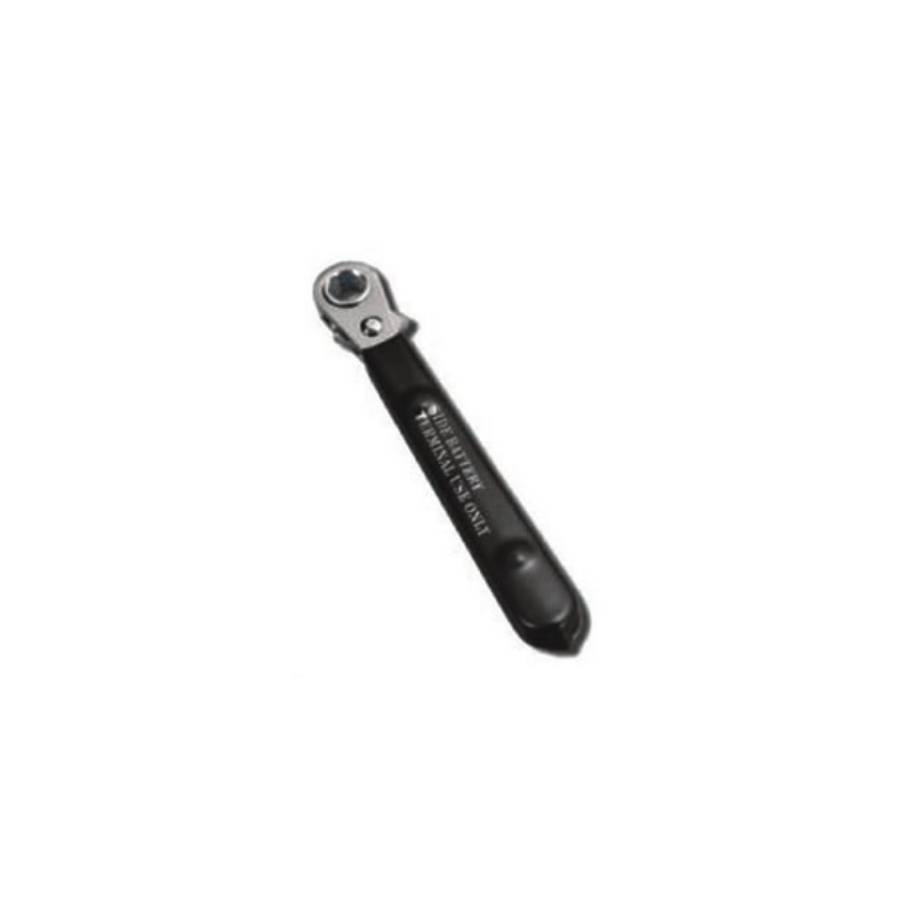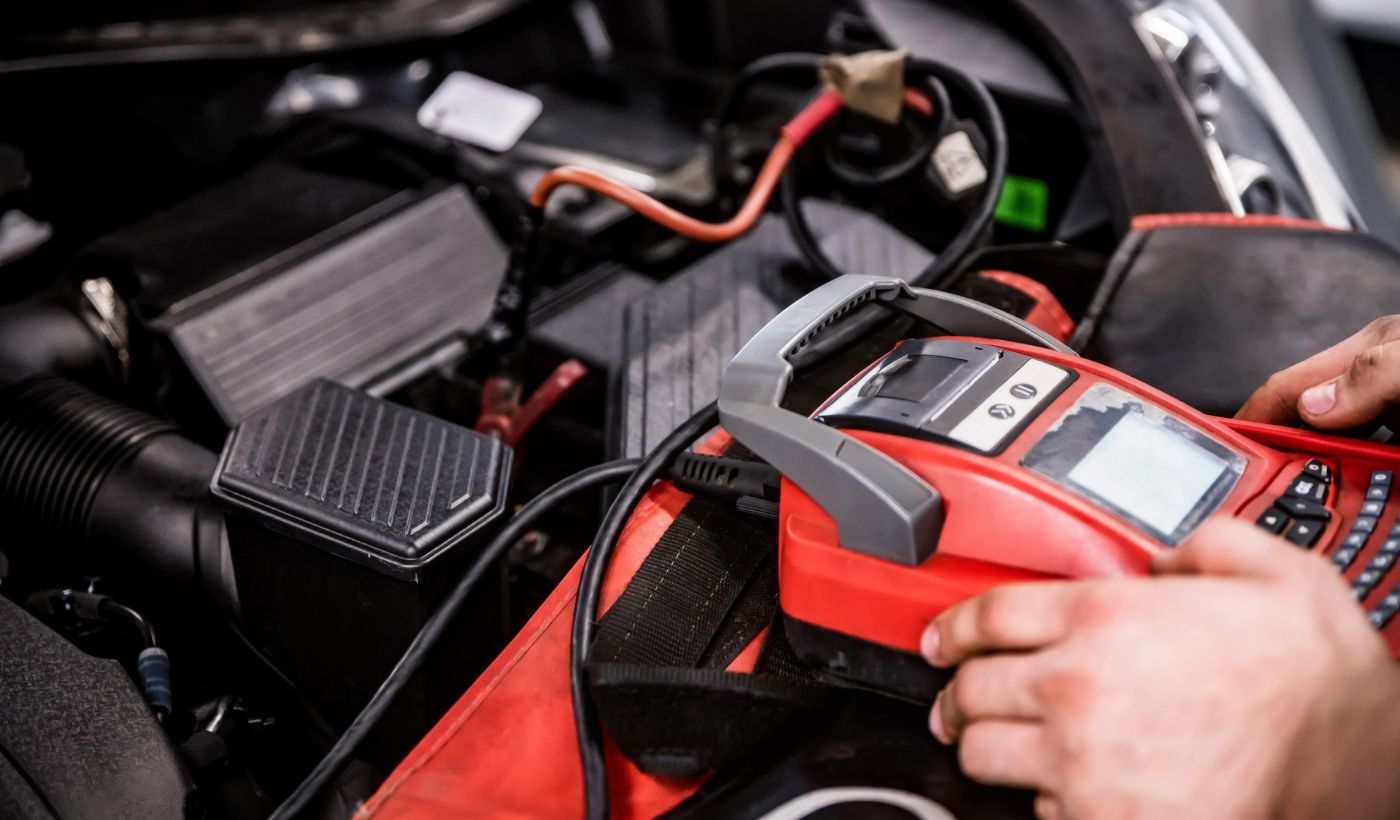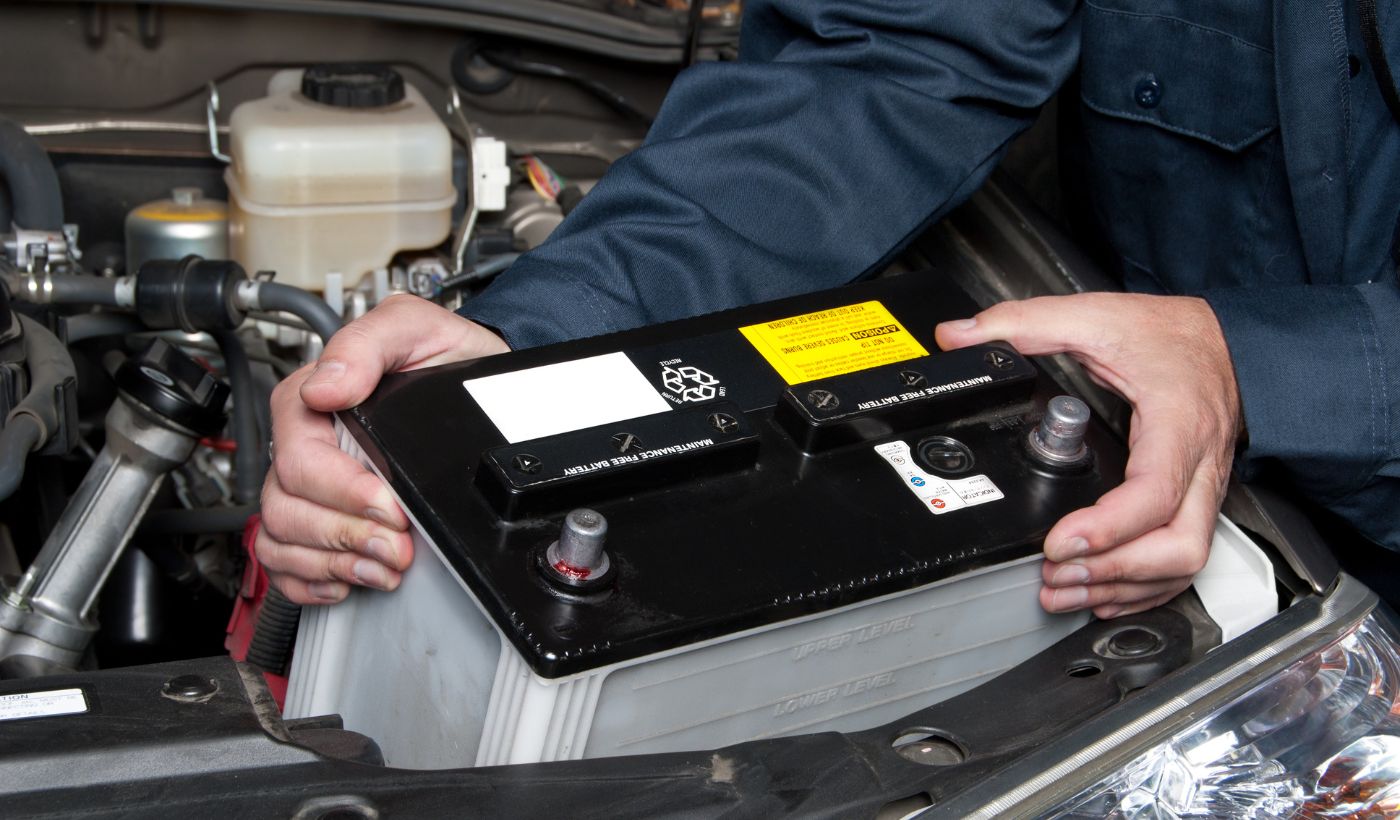
The Heart of Your Car’s Electrical System
Your car’s battery is the unsung hero of your daily commute. It’s easy to take for granted, but without a properly functioning battery, you’d be stranded in your driveway. Let’s dive into the world of car batteries and explore why they’re so crucial, how to maintain them, and when it’s time for a replacement.
Your car battery does more than just start your engine. It’s the backbone of your vehicle’s electrical system, powering everything from your headlights to your radio. When you turn the key, the battery provides the initial jolt of electricity to start the engine, which then takes over powering the electrical systems and recharging the battery.
Types of Car Batteries
Most modern cars use lead-acid batteries, which come in two main types:
- Flooded Lead Acid (FLA): These traditional batteries require occasional maintenance, like topping up the water levels.
- Valve Regulated Lead Acid (VRLA): Also known as maintenance-free batteries, these sealed units don’t require water top-ups.
Maintaining Your Car Battery
Proper maintenance can significantly extend your battery’s life:
- Keep it clean: Corrosion on the terminals can affect performance. Clean them regularly with a mixture of baking soda and water.
- Secure it properly: A loose battery can be damaged by vibrations.
- Limit short trips: Short drives don’t allow the battery to fully recharge.
- Turn off electronics when the engine isn’t running: This prevents unnecessary drain.
Signs It’s Time for a Replacement
Most car batteries last 3-5 years. Watch for these signs that it’s time for a new one:
- Slow engine crank: If your engine takes longer to start, your battery might be weakening.
- Check engine light: Sometimes, this can indicate battery issues.
- Swelling battery case: Extreme temperatures can cause the battery case to swell or crack.
- Rotten egg smell: This could indicate a battery leak.
Choosing the Right Battery
When it’s time for a replacement, consider:
- Size: Ensure it fits your car’s battery tray.
- Power requirements: Check your owner’s manual for the correct voltage and cold cranking amps (CCA).
- Climate: If you live in an extreme climate, you might need a specially designed battery.
Conclusion
Your car battery is a critical component that deserves attention. Regular maintenance and timely replacement will keep your vehicle running smoothly and prevent unexpected breakdowns. If you’re unsure about your battery’s condition, don’t hesitate to have it checked by a professional. Remember, a small investment in battery care can save you from big headaches down the road.








